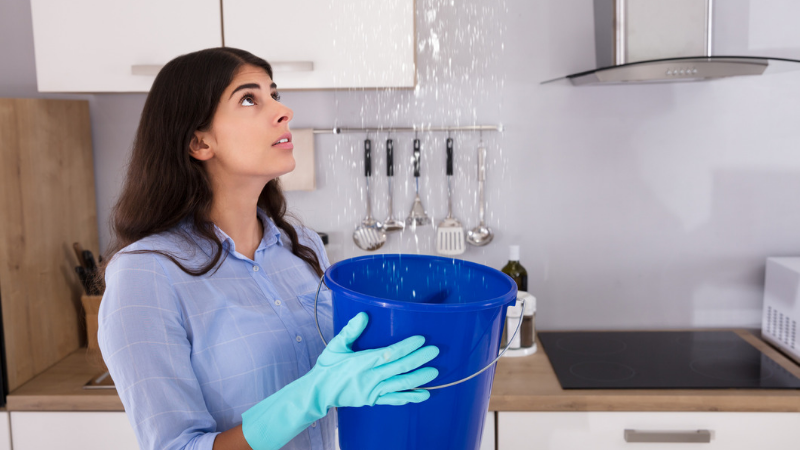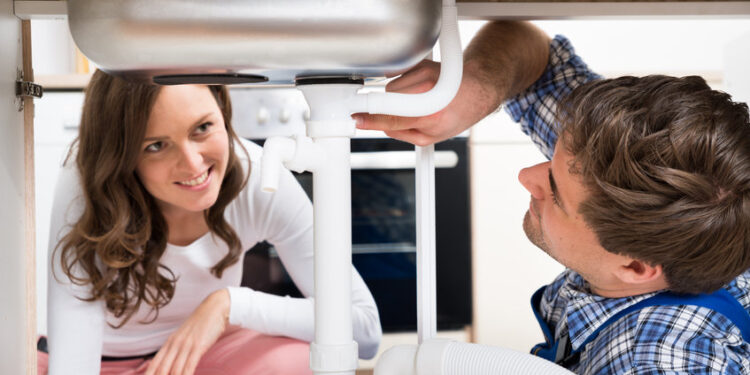Every home experiences toilet blockage, sink clogs, burst water pipes, among other plumbing mishaps. Most plumbing disasters result from human error. If you can avoid making mistakes that work against your plumbing system, you can save a lot of money on plumbing repairs. It is much easier and more economical to prevent plumbing emergencies than to undo them.
Fortunately for homeowners, there are several preventative measures to keep their plumbing system running smoothly. Follow these preventative tips and, you will save hundreds, if not more, on repeated emergency plumbing repairs and costs.
Be careful with what you flush down the drains
Drains are designed to handle particular types of waste. It is wrong to flush certain materials, such as potato peels, eggshells, ground coffee, greases, oils, and fats. These foods cause irreparable damage to your plumbing system. Invest in a garbage can for the proper disposal of solid waste in the kitchen or toilets.
Watch your toilet usage
Clogged toilets are a common cause of plumbing emergencies. Don’t use your toilet as a trashcan. Not everything can be flushed. Avoid flushing anything that is not toilet paper down your toilet. Never attempt to flush feminine products, baby wipes, cotton balls, or motor oil down the toilet. Have a plunger around to help with unclogging the toilet.
Avoid using chemical drain cleaners
Stay away from store-bought chemical drain cleaners at all costs. These cleaners may work to clear the stained toilet bowl, but they also corrode your system’s pipes. Try switching to homemade cleaning remedies to prevent the common plumbing catastrophe. There’s an infinite list of readily available ingredients you can use to make a strong yet friendly toilet cleaner.
Insulate your pipes
Winter often exerts a toll on the plumbing pipes. Water freezes inside these pipes, and this disrupts the household’s activities. Insulate the pipes and ensure you run cold water when temperatures plummet below zero to protect them from damage. Keep your kitchen cabinets open to increase air circulation around your pipes. The incoming warm air prevents these pipes from freezing in the chilly temperatures. Use duct tape from the local hardware store to cover your piping as winter arrives.

Inspect the septic tank regularly
The septic tank is at risk of overflowing, especially following a storm or torrential downpours. Perform regular inspections of your septic tank to detect any anomalies. In plumbing emergencies, you have the option of fitting a backup sump pump to keep the septic flowing smoothly.
Focus on prevention
Make a checklist of all the plumbing equipment in your home. Have a technician perform maintenance service for each item on your list. These routine checks ensure that the water heaters, faucets, septic tanks, sewer lines, and any other plumbing appliances stay in perfect working shape. Maintenance also helps to detect plumbing problems before they get out of hand. Prioritize the maintenance such that the plumbing appliances at highest risk of failing get checked first.
Fix leaks immediately
You shouldn’t delay fixing any leaking pipes or drips in your home. Act on the leaks right away. That helps to keep the overall repair costs down. Rapid responses also safeguard you and your household from the health risks of having leaking pipes. If you don’t fix these leaks, there’s a likelihood that the entire plumbing system will collapse and flood your property.
Watch your water pressure
Be observant of your normal water pressure. Lowered pressure arises when there is sediment buildup in the piping system. Defective water pressure valves may lead to high water pressure. To prevent water pressure emergencies, avoid flushing bio-degradable materials down your system. Install a water pressure valve to control your home’s water pressure.
Have access to the main water shutoff valve
When faced with a plumbing emergency, the first thing to do should be to turn off the main water valve. You should be aware of the valve’s location at hand. That way, you can access the water shutoff valve quickly to prevent possible flooding. As a precaution, have a water wrench around to adjust this valve.
Have a professional plumber on standby
The best thing you can do is to prevent these emergencies. Prevent disasters by watching your toilet use and garbage disposal and scheduling regular maintenance checks for your plumbing appliances. Leave the rest of the plumbing to the trained professionals. Always have the numbers of accredited plumbers in your phone book. Call the number if you get a plumbing emergency. Retain a 24 hour plumber near me who offers a variety of different in-house plumbing services.
With proficient plumbers around, you won’t need to embark on a quest for a different contractor when different components of your plumbing system fail. The emergency plumber should prove their reliability around the clock. They should respond to your emergencies even on special occasions, such as holidays and weekends.





